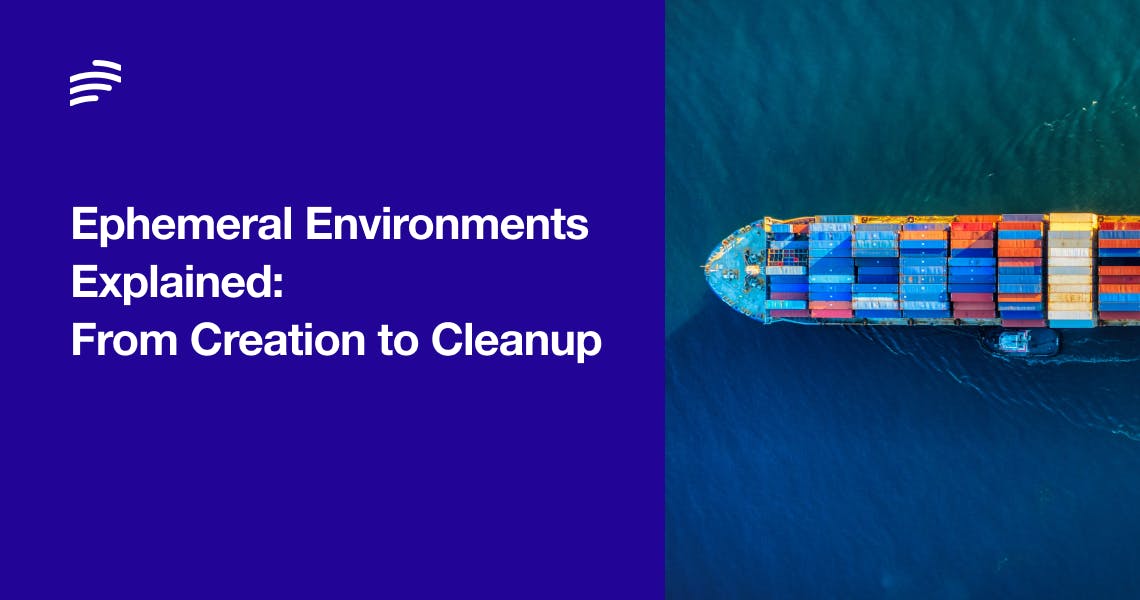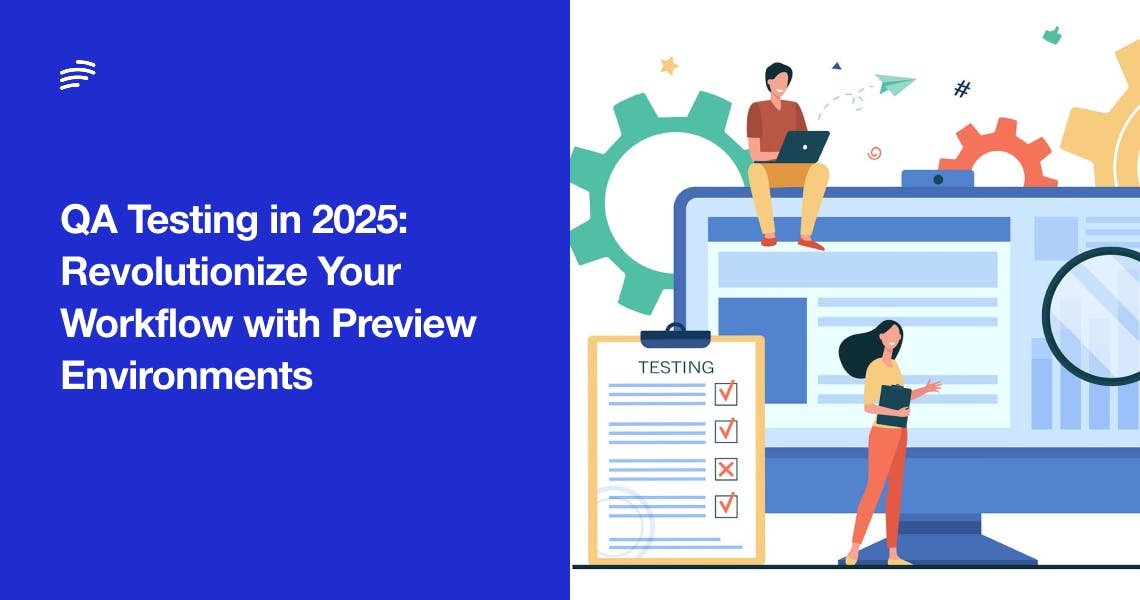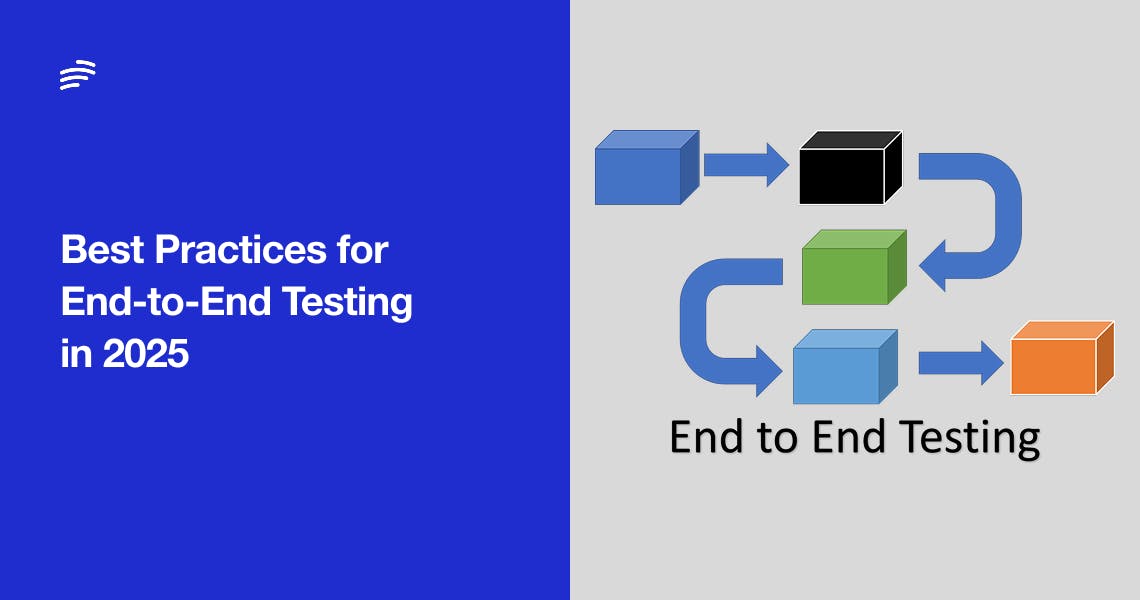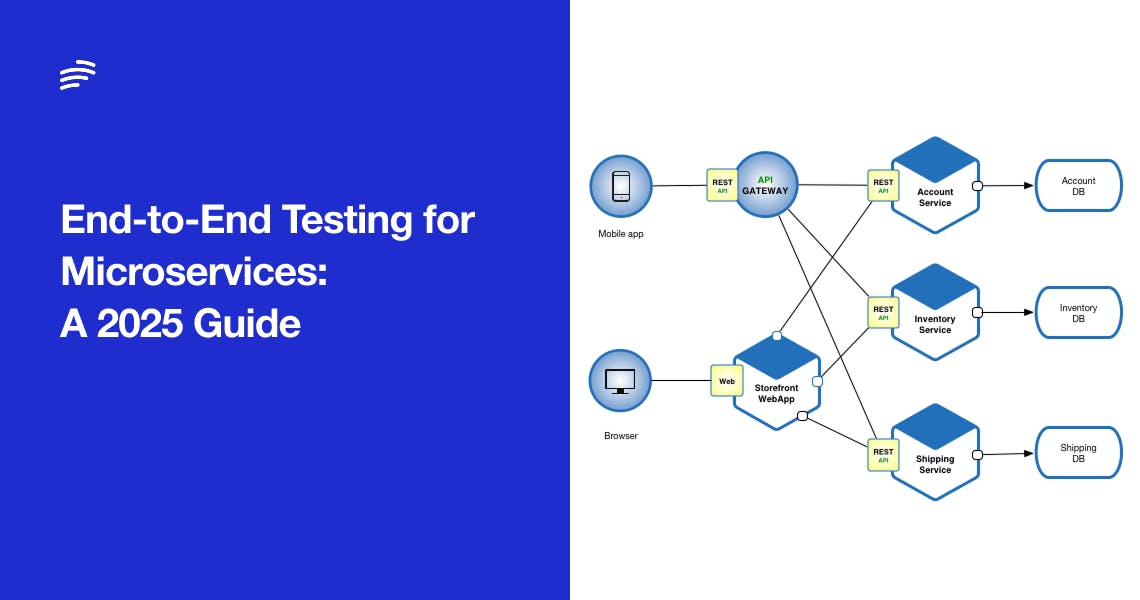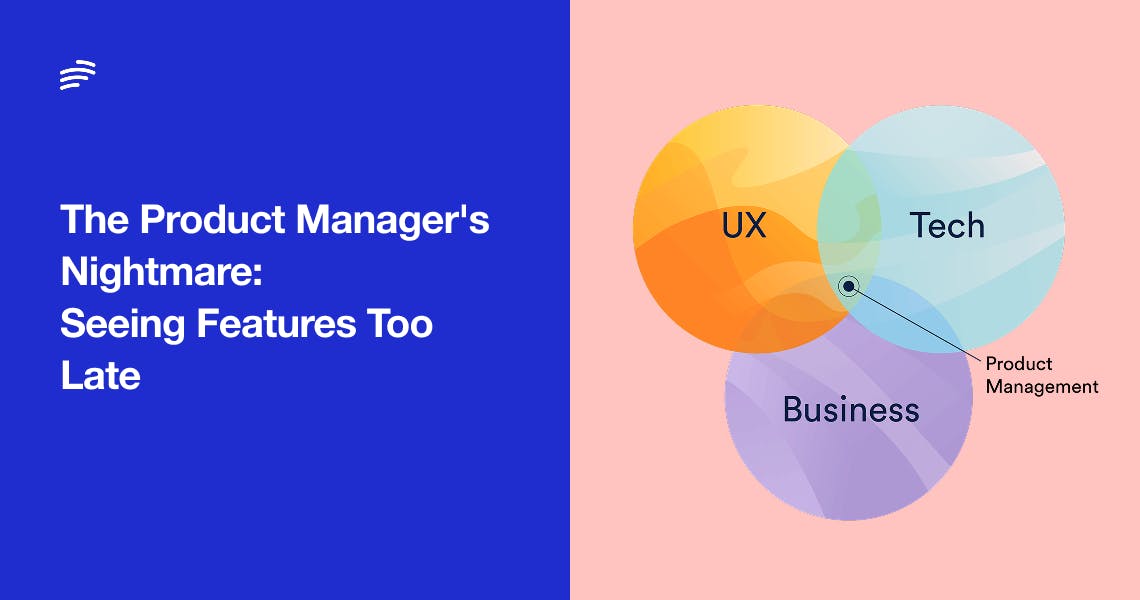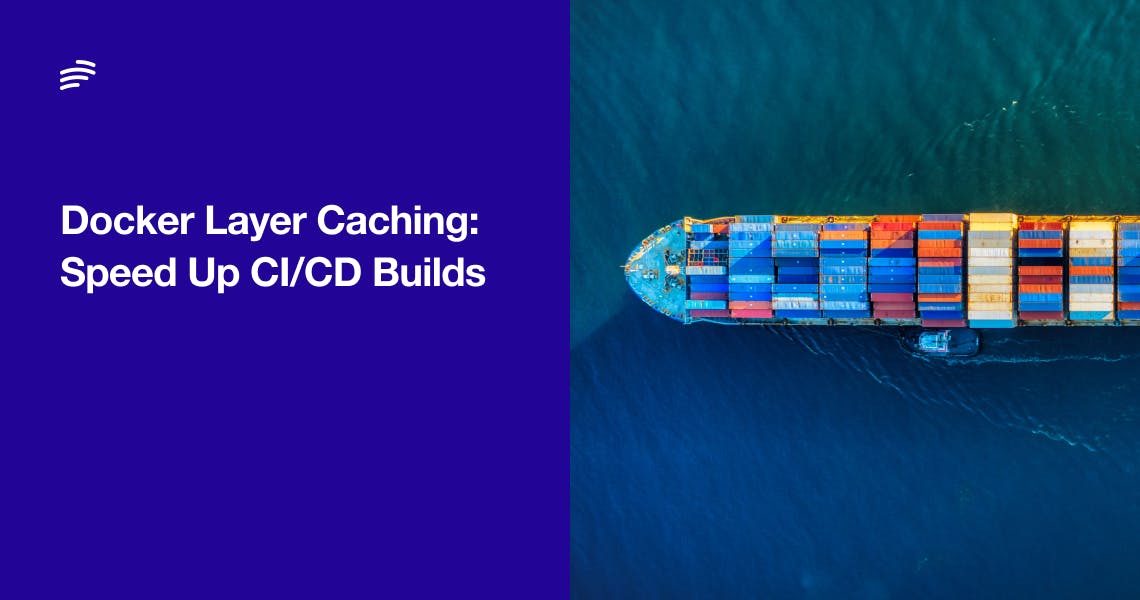Building a Multi-Agent Containerization System at Bunnyshell
Bunnyshell reveals the internal architecture behind MACS (Multi-Agent Containerization System), the AI-driven engine powering Hopx. MACS uses a team of specialized agents - Planner, Analyzer, Researcher, and Executor - to transform any Git repo into a production-ready, live environment with zero manual Docker config.

